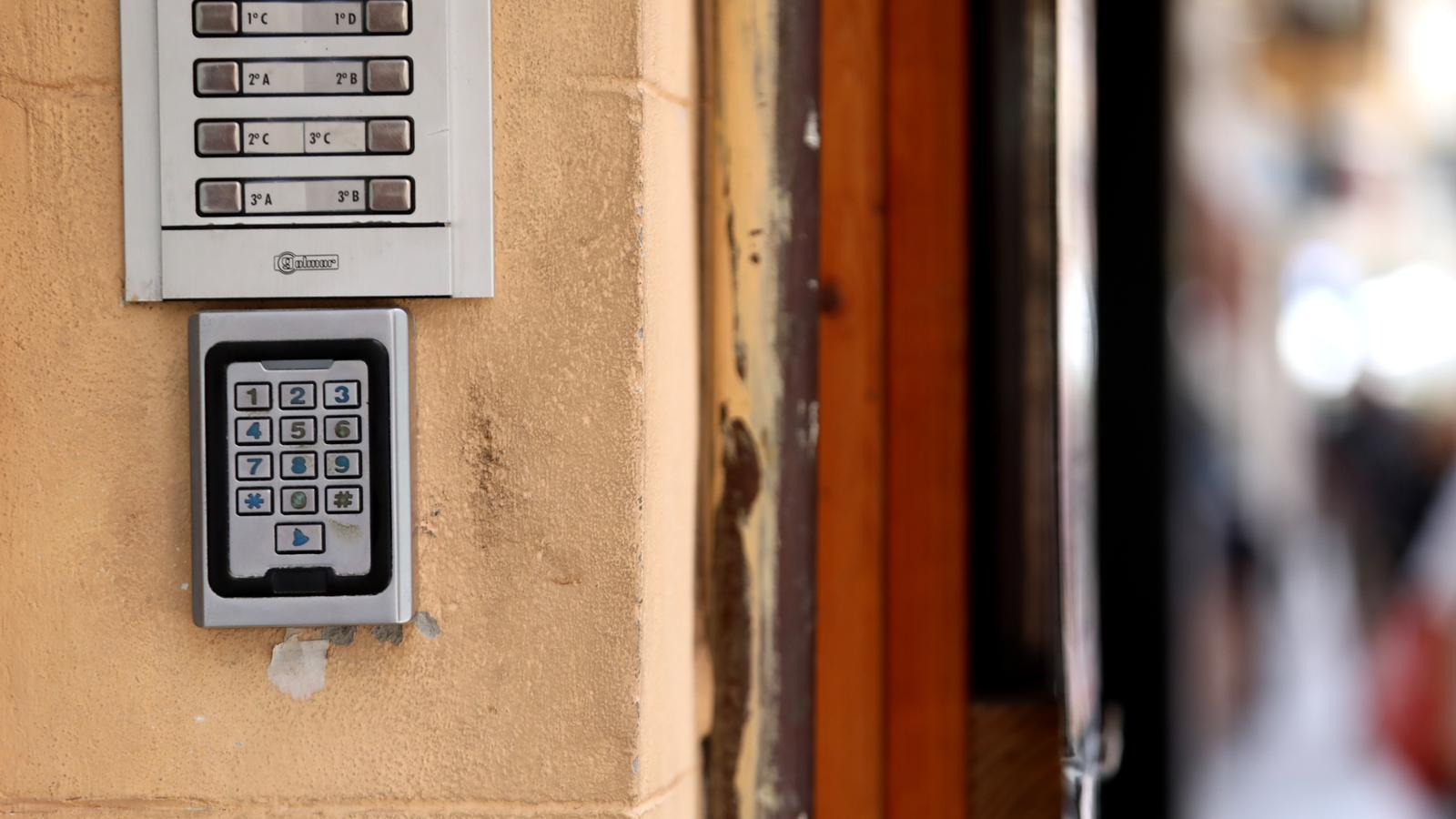Four out of ten tourist homes advertised in Mallorca are illegal.
A study by the Consell de Mallorca concludes that there are 42,000 irregular tourist places.


40% of the tourist listings advertised on platforms are unregistered, according to a study conducted by the Consell de Mallorca (Mallorca Council). The analysis determines that of a monthly average of 20,204 listings studied, 7,978 correspond to properties operating illegally, totaling 42,342 tourist accommodations, according to the Minister of Tourism, Marcial Rodríguez. Four out of every ten properties advertised in Mallorca are doing so illegally.
Palma tops the list of municipalities with the most tourist rental properties with 1,012, followed by Pollença and Alcúdia, which have 756 and 687, respectively. These three municipalities account for almost a third of Mallorca's illegal listings. The northern part of the island is the main focus of unregistered activity, followed by Migjorn and Levante. Regarding housing types, 50.9% of illegal homes are single-family homes (villas) and the remaining 47.2% are multi-family homes (apartments). The remaining 1.5% are substandard housing.
According to Rodríguez, these data come from a "pioneering study" that the Consell de Mallorca has prepared with the Talk&Code platform, as well as with the participation of the Sustainable Tourism Observatory and companies working for the institution. In 12 months, nearly 400,000 listings have been analyzed, equivalent to ten million data points processed with technological and artificial intelligence tools.
Rodríguez emphasized that this initial diagnosis constitutes "an extremely powerful management tool" that will allow the Consell to plan future actions. In this sense, he explained that the analysis represents "the prelude to future changes and the evolution of the plan initiated at the beginning of the legislature," based on fiscal coordination with the Tax Agency, the adaptation of inspection and sanctioning services, urban planning collaboration with city councils, and agreements with marketing platforms.
"More tools will be implemented to go further," Rodríguez emphasized, specifying that "many of the advertisements for illegal tourist rental homes have already been removed." However, he made it clear that taking action against this type of activity "will take work."
More collaboration
Regarding the relationship with the marketing platforms, the island councilor has defended that cooperation "has improved notably" and has given as an example theagreement with Airbnb, which allowed for the removal of a significant portion of the irregular advertisements.
Finally, Rodríguez considered that the defense of legal tourism "requires an ever-increasing and relentless fight against irregular supply" and insisted that the Consell's objective is not so much to collect revenue, but rather "to discourage and eradicate this practice in order to improve coexistence."
